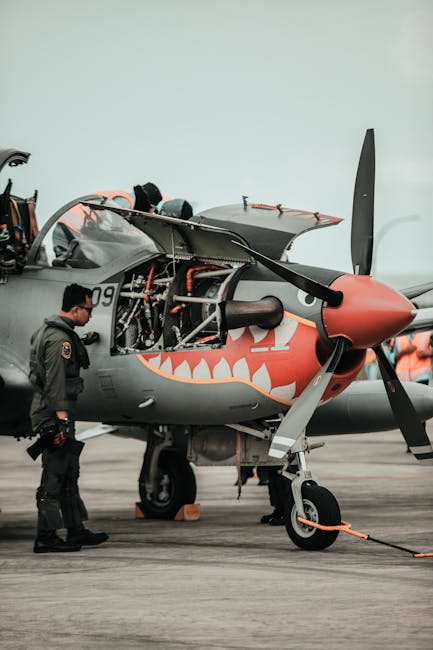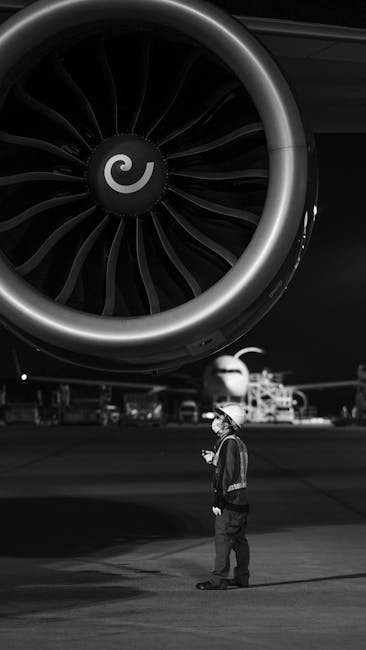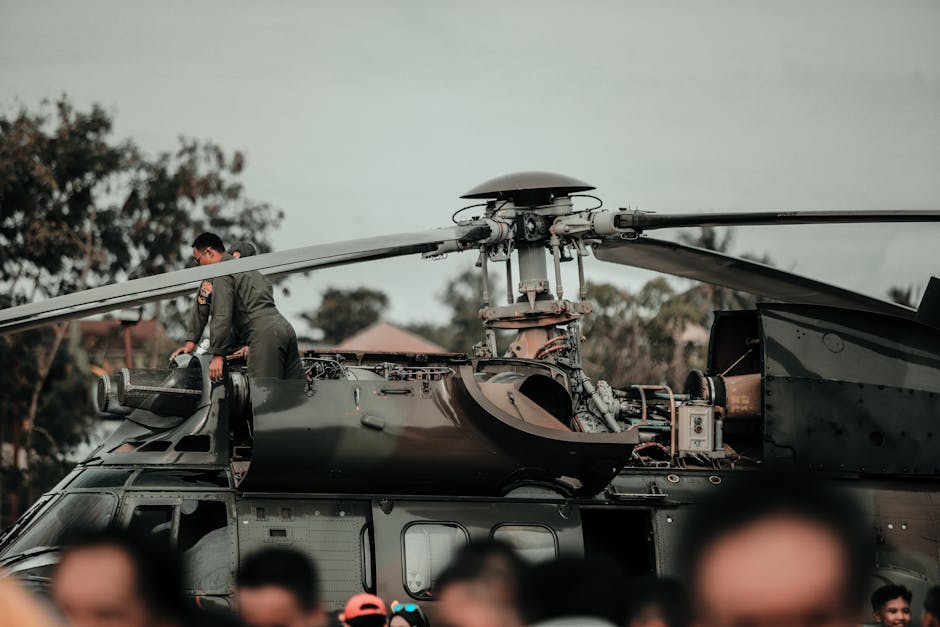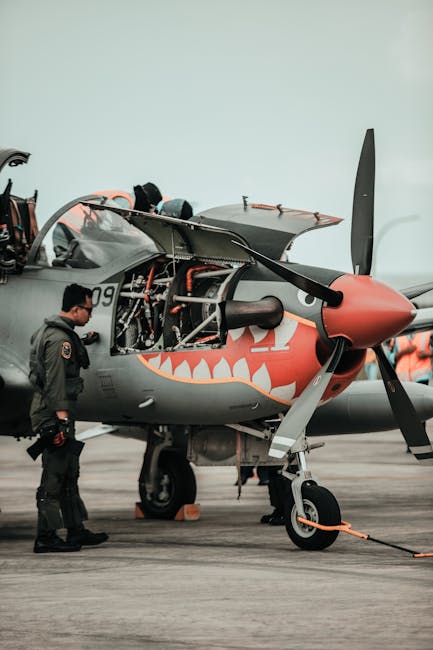Aircraft Technician Salary: A Comprehensive Guide to Earnings, Career Paths, and Job Outlook
The aviation industry offers a dynamic and rewarding career path for skilled professionals, and aircraft technicians are at the heart of its operational success. These highly trained individuals ensure the safety and airworthiness of aircraft, performing meticulous inspections, maintenance, and repairs. Understanding the aircraft technician salary, however, is crucial for anyone considering this demanding yet fulfilling career. This comprehensive guide delves into the factors influencing salaries, exploring different career paths, regional variations, and the future job outlook for aircraft technicians.

Factors Influencing Aircraft Technician Salary
Several key factors contribute to the variance in aircraft technician salaries. No single figure accurately represents the entire field, as compensation is influenced by a combination of experience, location, specialization, employer type, and certifications.
Experience Level:
Entry-level aircraft technicians typically earn less than experienced technicians. As they gain more experience and expertise, their earning potential increases significantly. Years of hands-on experience, coupled with demonstrated proficiency in specific aircraft types or maintenance procedures, command higher salaries.
Location:
Geographical location significantly impacts aircraft technician salary. High-cost-of-living areas like major metropolitan centers near large airports often offer higher salaries to attract and retain qualified personnel. Conversely, smaller cities or rural areas may offer lower salaries due to variations in the cost of living and the overall demand for technicians.
Specialization:
Specialization within the field of aircraft maintenance significantly influences earning potential. Technicians specializing in high-demand areas, such as avionics, engines, or airframe mechanics, often command higher salaries compared to those with more general maintenance skills. Advanced certifications and specialized training further enhance earning potential.
Employer Type:
The type of employer also plays a role. Major airlines, aerospace manufacturers, and private aviation companies often offer competitive salaries and benefits packages to attract top talent. Smaller maintenance facilities or regional airlines may offer lower salaries but could still provide valuable experience and career growth opportunities.
Certifications and Licenses:
Holding relevant certifications and licenses directly impacts salary expectations. The Federal Aviation Administration (FAA) certifications, such as Airframe and Powerplant (A&P) mechanic certificates, are essential for most aircraft maintenance positions. Additional certifications, such as those specializing in specific aircraft types or systems, can command significant salary premiums.

Average Aircraft Technician Salary Ranges
Providing a precise average salary is challenging due to the factors mentioned above. However, we can offer general salary ranges based on experience levels and location. These figures are estimates and can vary significantly.
Entry-Level Aircraft Technicians:
Entry-level positions typically range from $40,000 to $60,000 annually, depending on location and employer.
Mid-Level Aircraft Technicians:
With 5-10 years of experience, mid-level technicians can earn between $60,000 and $90,000 per year.
Senior Aircraft Technicians:
Senior technicians with extensive experience and specialized skills can earn upwards of $90,000 to $120,000 or more annually.
Career Paths for Aircraft Technicians
A career as an aircraft technician offers various progression opportunities. Advancement frequently involves increased responsibility, specialization, and higher earning potential.
- Lead Technician: Supervises a team of technicians, ensuring efficient workflow and adherence to maintenance standards.
- Inspector: Responsible for conducting thorough inspections to maintain aircraft airworthiness.
- Quality Control Technician: Oversees quality assurance procedures and ensures compliance with regulatory standards.
- Avionics Technician: Specializes in the maintenance and repair of aircraft electronic systems.
- Engine Mechanic: Focuses on the maintenance and repair of aircraft engines.
- Airframe Mechanic: Specializes in the maintenance and repair of the aircraft structure.
- Maintenance Supervisor/Manager: Manages a team of technicians and oversees all aspects of aircraft maintenance.
Job Outlook for Aircraft Technicians
The job outlook for aircraft technicians remains relatively positive. The continued growth of the aviation industry, coupled with the need for experienced professionals to maintain a safe and efficient air transport system, suggests steady demand for skilled technicians. Technological advancements, particularly in avionics and aircraft systems, may lead to new specializations and career opportunities.

Tips for Maximizing Your Aircraft Technician Salary
- Obtain relevant certifications and licenses: FAA A&P certification is crucial, and additional certifications enhance earning potential.
- Gain experience: Practical experience significantly impacts salary expectations.
- Specialize in a high-demand area: Focusing on specific areas like avionics or engines can increase salary prospects.
- Network with industry professionals: Networking can lead to job opportunities and insights into salary ranges.
- Continuously update your skills: Keeping your skills current through ongoing training is essential for career advancement.
- Negotiate your salary: Research industry standards and confidently negotiate your salary during job interviews.
Conclusion
The aircraft technician salary varies significantly based on a multitude of factors. By understanding these factors and strategically planning your career path, you can maximize your earning potential in this rewarding and essential field. Continuous learning, specialized training, and a commitment to excellence are key to success and high earnings in the aviation maintenance industry.

